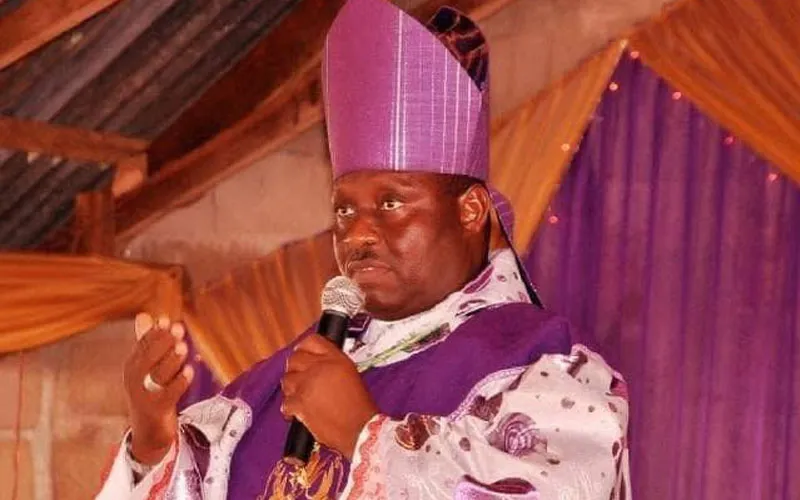“In Taraba state, the crisis is quite disturbing and the Catholic Church is always the worst hit anytime it erupts,” Bishop Hammawa said, and added, “At present, many Parishes in our Diocese are closed; many lives have been lost during these attacks and valuable properties destroyed.”
It is a situation that calls for action, the Local Ordinary of Jalingo Diocese said, adding, “We need to tell ourselves the truth to be able to defeat the forces of evil that are working against the peace and security of Nigeria.”
Nigeria has been experiencing insecurity since 2009 when Boko Haram insurgency began with the aim of turning the country into an Islamic state.
Since then, the group, one of largest Islamist groups in Africa, has been orchestrating indiscriminate terrorist attacks on various targets, including religious and political groups as well as civilians.
The situation of insecurity in the West African nation has further been complicated by the involvement of the predominantly Muslim Fulani herdsmen, also referred to as the Fulani Militia, who have been clashing frequently with Christian farmers over grazing land.
Catholic Bishops in the country have repeatedly called on the government to put in place strict measures to protect her citizens.
“Insecurity, clearly evident in widespread loss of lives and property, has left the impression that the country’s leaders are either unable – or worse still, unwilling – to take up the responsibilities of their office,” the members of the Catholic Bishops’ Conference of Nigeria (CBCN) said in February.
As a way forward, the Catholic Bishops in Nigeria recommended "a formal meeting of statesmen and women across the board for us to think through the challenges that seem poised to push us into the abyss."
In their February 23 statement, CBCN members called on President Muhammadu Buhari-led government to "rise to its obligation to govern the nation; not according to ethnic and religious biases but along the lines of objective and positive principles of fairness, equity and above all, justice."
The Catholic Bishops in Africa’s most populous nation urged those at the helm of the country to create room for dialogue with individuals and groups behind insecurity and challenged the political leadership to be open to criticism.








